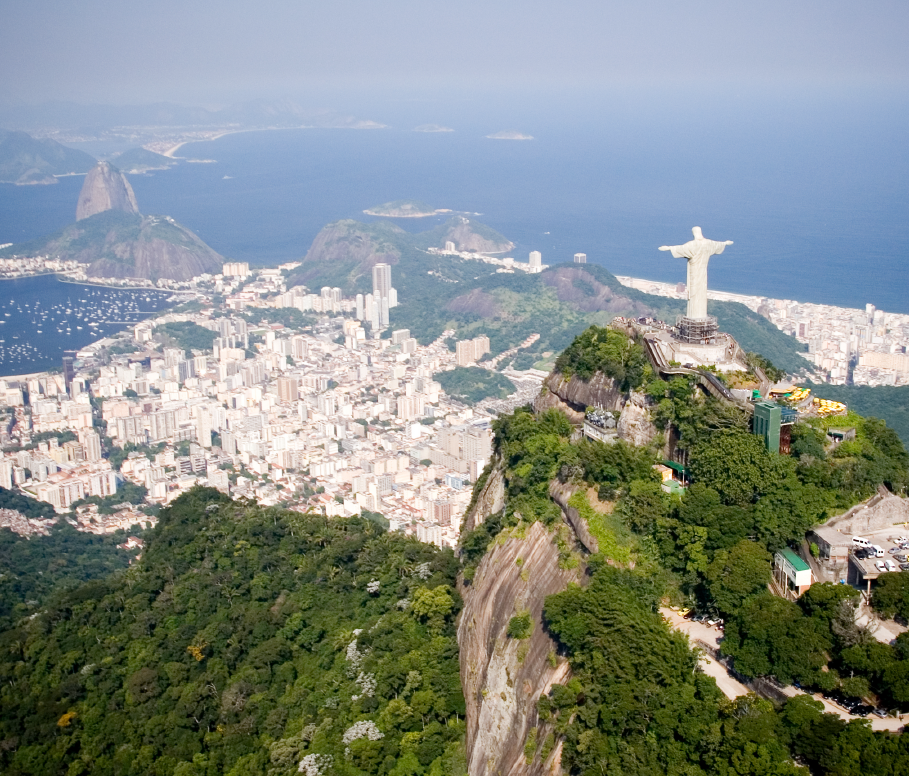This blog is based on a paper published in Geneva Network found here.
Brazil boasts one of the world’s largest economies, with profitable commodities in agriculture, pharmaceuticals, and high-tech manufacturing. But as the nation seeks to boost sustainable economic growth, its leaders must continue to prioritize high-value, knowledge-based industries that rely on a stable intellectual property (IP) framework. The below provides a snapshot of issues impacting Brazil’s patent system and the meaningful reforms necessary for enhancing the country’s economic standing on the world stage.
Issues Hindering Progress
Several pressing issues are holding Brazil back from realizing more potential from innovative industries:
- Lengthy Patent Examination
- Patents are an exclusive right granted for an invention, which generally last for 20 years from the filing date. According to a recent study, the average patent examination timeline in Brazil for biopharmaceutical patents granted between January 2020 and March 2022 is 10.25 years. These delays effectively remove the ability to rely on a patent and deprive the owner of the full protection term. Notably, this extended review process is an outlier compared to other countries; patent offices in the U.S., China, Korea, Europe, and other economies average two to four years.
- Additionally, research shows that every year of delay reduces an innovation’s potential for sales, with corresponding impacts on employment levels and overall business development. Patent delays also negatively impact consumers who would benefit from the availability of new products, technologies, and medical treatments.
- Alarming Supreme Federal Court Decision
- Article 40 of the Brazilian Patent Law guaranteed at least 10 years of patent protection after the date of patent grant in Brazil . However, Brazil’s Supreme Court recently ruled this provision unconstitutional, raising alarm among domestic and international inventors who are now left without a mechanism to be compensated for unreasonable examination delays at the patent office.
Necessary IP Reforms
These patent issues force individuals and companies to navigate a lengthy process and unreliable IP system that does not provide value to emerging innovations. To increase its IP standards, Brazil should:
- Enact Patent Term Adjustment (PTA)
- Patent Term Adjustment (PTA) provides compensation for the period of protection lost because of undue delays at the patent office. Different formulas are used across the globe to determine the period of patent life that should be restored due to examination delays that are not the fault of the applicant. Brazil should consider its own PTA mechanism to encourage the development of new technologies that are sufficiently protected.
- Expand Patent Work Sharing Programs
- Patent work-sharing allows IP offices to collaborate in the review of filed applications, which saves time and prevents unnecessary duplications. One example is the Patent Prosecution Highway (PPH), where different countries expedite patent examination if the patent application has been successfully submitted to a partner office in a different location. While Brazil has introduced helpful reforms to its work-sharing programs, they must be significantly expanded to truly be effective.
Brazil is well-suited to enhance its standing as a global player in the modern economy. Now is the time for its leaders to enact meaningful patent reforms that bolster its patent review process and overall IP ecosystem to promote and protect the power of innovation.
Now is the time for Brazil’s leaders to enact meaningful patent reforms that bolster its patent review process and overall IP ecosystem to promote and protect the power of innovation.


